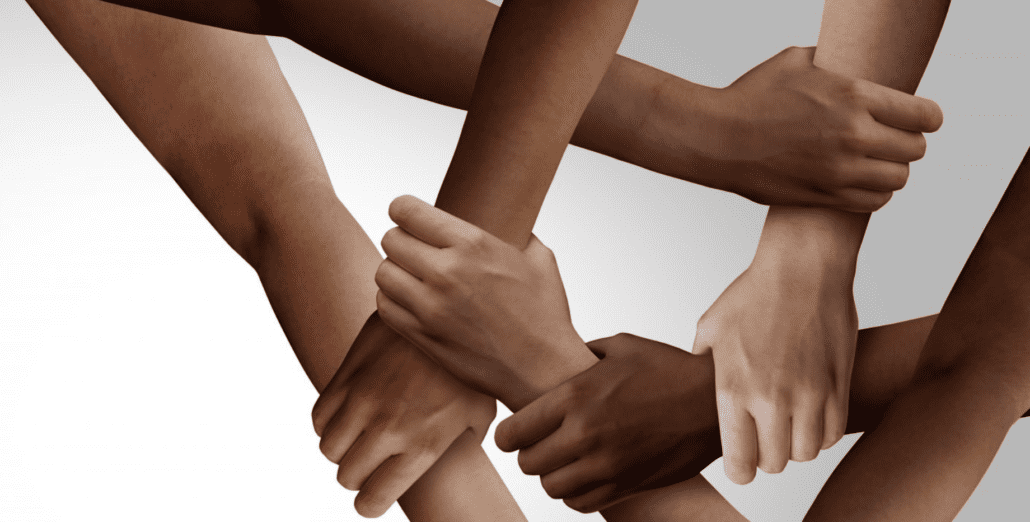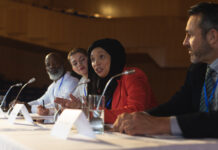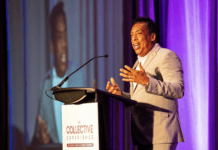
Tourism Diversity Matters has a number of downloadable resources on its website. One that everyone should take note of is the Diversity & Inclusion Vocabulary.
Tourism Diversity Matters, which launched in February 2021, has a mission to help foster diversity, equity and inclusion (DEI) practices that will educate, advocate, engage and empower, as well as inspire authenticity and inclusive leadership throughout the tourism and events industry. As part of its commitment to eliminate disparities throughout the meetings, hospitality and travel industries through advocacy and education, the organization has produced several free, useful and downloadable resources.
Among these resources is a Diversity & Inclusion Vocabulary, a five-page listing of some common terms used by underrepresented groups. Curated by Trellis Consulting, LLC, and the National LGBT Health Education Center, the list runs from Agender (a word that “describes a person who identifies as having no gender”) to Unconscious Bias (a bias a person is unaware of that is triggered automatically as the brain makes quick judgments of people and situations based on background, culture and personal experiences).
Much of the vocabulary on the list refers to terms used to describe aspects of the LGBTQ+ community, such as Cisgender (someone whose gender identity matches the sex they were assigned at birth) and Transphobia (“the fear of, discrimination against, or hatred of transgender or gender non-conforming people or those who are perceived as such”).
it also includes words that describe more general DEI terms such as Bias (“a leaning or preference in favor of a particular individual or group not based in facts”), Class (wealth not directly tied to wage earnings), and Stereotype (“a widely held but fixed and oversimplified image or idea of a particular type of person or thing; ascribing generalized characteristics or perceptions to an entire group of people irrespective of individual differences”).
The vocabulary list also helps dispel some common misconceptions, such as colorblindness (“a process by which a person attempts to ignore the existence of race or skin color in service of seeing past race and just seeing the person”) being a good thing. While the intention behind the idea of being colorblind in this context may be benign, it also “ignores the real, lived experience of people of color in the U.S.,” the list explains.
Another often misunderstood-yet-important term on the list to understand is Microaggression, a “subtle but offensive comment or action directed at a minority or other nondominant group that is often unintentional or unconsciously reinforces a stereotype.” While the list doesn’t give examples, a common microaggression would be asking someone whose appearance differs from the dominant U.S. culture where they’re from. It seems like an innocuous ice-breaker question, but the assumption is that that person must be a recent immigrant, when in fact they could be a fifth-generation American who happens to have a non-White ethnicity.
Tourism Diversity Matters also has 10 webinars available on demand that cover everything from the push for DEI in the sports, tourism and hospitality industries to DEI as a core value of leadership, amidst pandemics and uncertainty. And it offers a number of workshops designed to help leaders in this industry implement changes that make the workplace more diverse, equitable and inclusive.
For more on these and other resources, check out the Tourism Diversity Matters website.
You May Also Be Interested In…
Two New API Event Profs Groups Launch on Social Media
Designing Diverse Meetings: 6 Strategies










